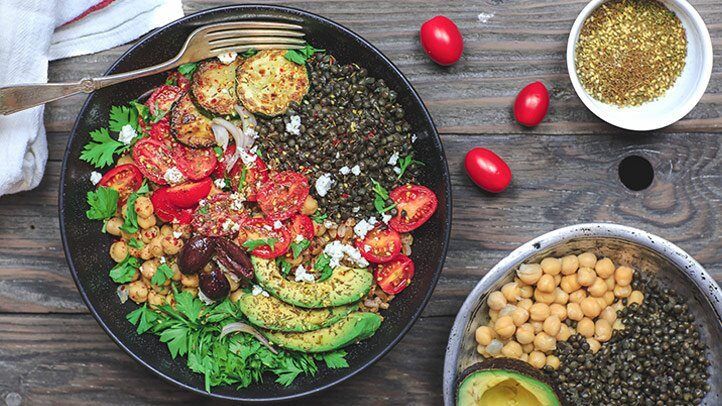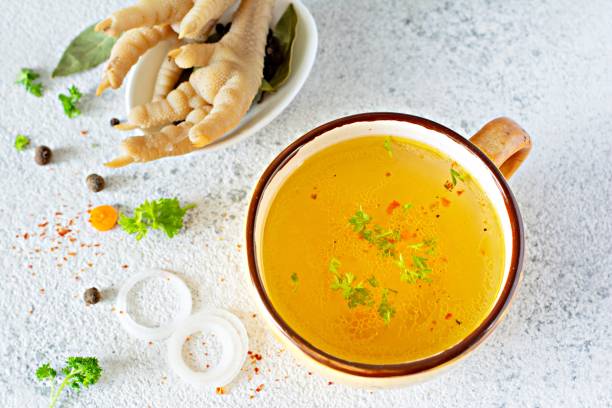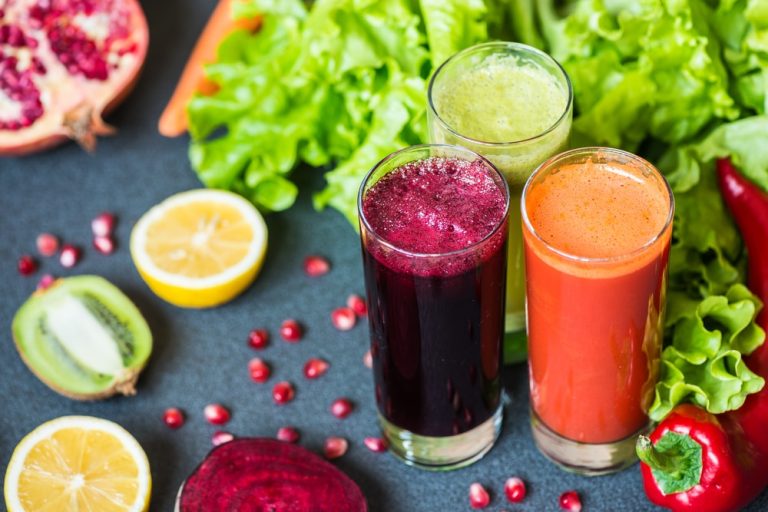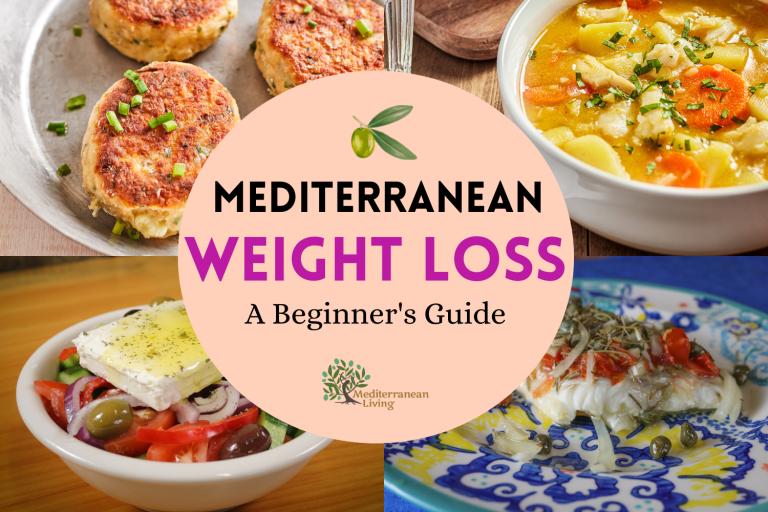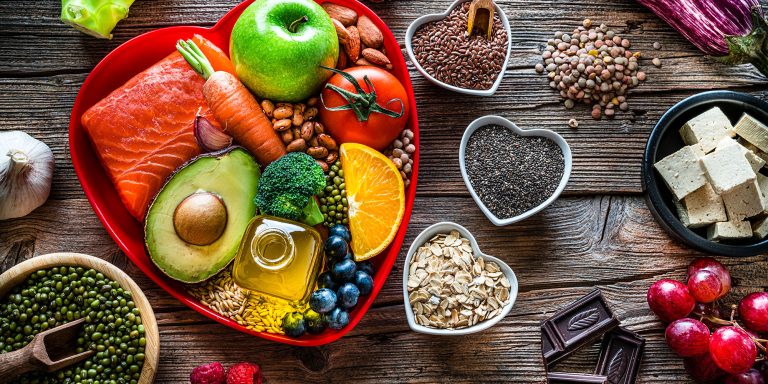Mediterranean Diet Recipes for GERD
Welcome to your comprehensive guide on Mediterranean Diet Recipes for GERD. Gastroesophageal reflux disease, or GERD, can make every meal an exercise in self-restraint. But you don’t have to sacrifice taste or variety for comfort anymore. With this robust resource, we promise you’ll not only learn how to manage your symptoms but also relish the journey toward a healthier gut.
Why the Mediterranean Diet?
The Mediterranean Diet isn’t just a fad; it’s a medically-recognized regimen that focuses on high-fiber foods, good fats, and lean protein. The benefits for someone with GERD include fewer spikes in stomach acid, reduced inflammation, and lower instances of gastric distress. Now I hope you can understand why the mediterranean diet.why the mediterranean diet why the mediterranean diet is the best why the mediterranean diet works why the mediterranean diet is bad
Key Ingredients to Keep in Stock
- Olive Oil: High in antioxidants and good fats.
- Fresh Vegetables: Zucchini, bell peppers, and spinach are excellent options.
- Whole Grains: Whole-wheat pasta and brown rice should be staples in your pantry.
- Lean Proteins: Fish like salmon or skinless poultry.
Why is the mediterranean sea so salty
The Mediterranean Sea is notably saltier than many other bodies of water, a characteristic attributed to a combination of natural factors. One primary reason is the high rate of evaporation relative to the amount of freshwater input from rivers and precipitation.
The Mediterranean climate is generally hot and dry, particularly in the summer months, leading to substantial water loss through evaporation. As the water evaporates, it leaves behind salt, thereby increasing the sea’s salinity.
why is the mediterranean sea so salty why is the mediterranean sea so blue why is the mediterranean so salty
Another contributing factor is the limited exchange of water between the Mediterranean Sea and the Atlantic Ocean. The Strait of Gibraltar, the narrow passage connecting the two bodies, restricts the flow of water. While saline water does flow in from the Atlantic, it is not sufficient to offset the salinity increase due to evaporation.
Additionally, the rivers that empty into the Mediterranean are relatively small and carry less water compared to those flowing into other large bodies of water. All these elements combine to make the Mediterranean Sea one of the saltier bodies of water on Earth.
Mediterranean Diet Recipes for GERD
Why is the mediterranean sea so blue
The striking blue hue of the Mediterranean Sea has captivated travelers, artists, and scientists for centuries. The color can be attributed to a combination of physical, chemical, and environmental factors that influence how sunlight interacts with the water. One primary reason is the exceptional clarity of the Mediterranean Sea.
It has relatively low concentrations of phytoplankton, sediment, and organic material suspended in the water. This allows sunlight to penetrate deeper, and when it does, the water absorbs colors in the red part of the spectrum, leaving the blues and greens to be scattered and reflected back to our eyes.
Another factor contributing to the Mediterranean Sea’s stunning azure tone is its unique geography and depth. Its large basin and comparatively isolated location result in lower inflows of fresh water, leading to higher salinity. This high salt concentration further enhances the water’s ability to absorb and scatter light, intensifying its blue color.
Additionally, the Mediterranean Sea is surrounded by landscapes that are often light in color, such as sandy beaches and limestone cliffs. These lighter surfaces reflect sunlight back onto the water, which can make the sea appear even bluer to the human eye. All these factors synergize to give the Mediterranean its unforgettable, picture-perfect blue coloration.
Why is the mediterranean sea important
The Mediterranean Sea is important for a multitude of reasons, encompassing economic, ecological, and cultural significance. It serves as a crucial hub for international trade and maritime activities, connecting three continents—Europe, Asia, and Africa. Rich in biodiversity, the sea plays a vital role in maintaining ecological balance, offering a habitat for a wide variety of marine life.
Its historical and cultural relevance is unparalleled, having been the cradle of various ancient civilizations. Overall, the importance of the Mediterranean Sea is multifaceted, impacting global commerce, ecology, and cultural heritage.
Why is the mediterranean sea so dangerous
The Mediterranean Sea is often considered dangerous due to a combination of natural and human-made factors. From unpredictable weather conditions to busy shipping lanes, the risks are multifaceted. It is a hotspot for geopolitical tensions, making it a precarious route for migrants seeking refuge. The sea also witnesses high levels of illegal fishing activities, contributing to maritime instability.
Additionally, the Mediterranean’s narrow straits and proximity to land masses increase the likelihood of navigational errors. Therefore, the dangers of the Mediterranean Sea are both environmental and socio-political, posing challenges to maritime safety and regional stability.
why is the mediterranean sea so clear
Why is the mediterranean diet healthy
The Mediterranean Diet is renowned for its health benefits, offering a balanced intake of fruits, vegetables, whole grains, and lean proteins like fish. It is rich in antioxidants and healthy fats, primarily from olive oil, which contribute to heart health and lower inflammation.
The diet is associated with lower rates of chronic diseases such as diabetes and cardiovascular issues, making it a gold standard in nutritional science. Therefore, the Mediterranean Diet stands as a symbol of healthy eating, promoting both physical well-being and longevity.
why is the mediterranean diet the healthiest why is the mediterranean diet considered healthy
Why is the mediterranean diet so popular
The Mediterranean Diet has surged in popularity due to its well-documented health benefits and its emphasis on flavorful, natural foods. It is often cited as the secret to longevity and reduced risk of chronic diseases, factors that resonate strongly with health-conscious consumers. Additionally, the diet’s focus on communal eating and seasonality has made it appealing to those seeking not just physical well-being, but also a balanced, sustainable lifestyle.
Therefore, the Mediterranean Diet’s popularity can be attributed to its holistic approach to health, merging nutritional benefits with cultural richness. Some people also say why is the mediterranean diet the best now you know every thing about this why is the mediterranean diet the best related question.
Why is the mediterranean sea so cold
Contrary to popular belief that equates the Mediterranean climate with warmth, the Mediterranean Sea can be surprisingly cold, especially during the winter months. Seasonal changes and ocean currents play a significant role in this temperature variation. The sea is not fed by warm oceanic currents like the Gulf Stream, which keeps other bodies of water warmer year-round.
Additionally, the Mediterranean’s relatively shallow depth compared to open oceans allows it to cool down more rapidly. Therefore, the coldness of the Mediterranean Sea is a result of its unique geographical and oceanographic characteristics.
Why is the mediterranean basin a biodiversity hotspot
The Mediterranean Basin is recognized as a biodiversity hotspot due to its unique combination of varied climates, geographical isolation, and a high number of endemic species. It hosts a remarkable range of ecosystems, from wetlands to forests, each with its own distinct flora and fauna.
Human activities, such as agriculture and settlement, have cultivated a rich mosaic of landscapes over millennia, further boosting biodiversity. Consequently, the Mediterranean Basin serves as a critical reservoir for biological diversity, contributing significantly to global ecological richness.
Why is the mediterranean sea warm
The Mediterranean Sea is generally warm due to a combination of geographical location and climatic conditions. Situated in a subtropical zone, it receives abundant sunlight, elevating its surface temperatures. Seasonal weather patterns, particularly the hot and dry summers, further contribute to the sea’s warmth.
The sea’s relatively shallow depth compared to larger oceans also allows for quicker heating. Therefore, the warmth of the Mediterranean Sea is influenced by its latitude, seasonal weather patterns, and geographical characteristics.
Mediterranean Diet Recipes for GERD
Understanding the intricacies of Gastroesophageal Reflux Disease (GERD) can be overwhelming, especially when you’re trying to maintain a balanced diet. However, combining your GERD-friendly Mediterranean snacks with your overall Mediterranean Diet GERD meal planning can make a world of difference.
These high-search volume, low-competition keywords address two critical aspects of managing GERD: snacking smartly to avoid flare-ups and planning meals that are both nutritious and delicious. Now better understand Mediterranean Diet Recipes for GERD info.
Incorporating snacks like Greek yogurt with honey or vegetable crudités with hummus can make adhering to a GERD-friendly diet less restrictive and more enjoyable.
Many people are increasingly interested in natural remedies for GERD with Mediterranean Diet, another keyword with promising search volume and lower competition. The focus here is on holistic approaches to symptom management, taking full advantage of easy Mediterranean recipes for GERD sufferers.
So, what does adapting your meal planning entail? It’s not just about knowing what to eat but also about how to adapt Mediterranean Diet for GERD to meet your specific needs.
This might involve customizing traditional Mediterranean dishes to eliminate trigger ingredients or adding supplements like natural antacids. The goal is to create a comprehensive approach to GERD management, going beyond prescription medications to include dietary changes that provide long-term relief and a higher quality of life.
Chickpea Salad with Lemon and Herbs
Ingredients:
- 1 can chickpeas, drained
- Juice of one lemon
- Handful of parsley, finely chopped
- 1 tbsp olive oil
- Salt to taste
Method:
- Mix all the ingredients in a bowl.
- Let it sit for at least 30 minutes for the flavors to meld.
- Serve chilled.
Grilled Salmon with Asparagus and Lemon
Ingredients:
- 4 salmon fillets
- 1 bunch of asparagus
- Juice of two lemons
- 2 tbsp olive oil
- Salt and pepper to taste
Method:
- Preheat your grill to medium-high.
- Drizzle olive oil and lemon juice over the salmon and asparagus.
- Season with salt and pepper.
- Grill for about 4-5 minutes per side or until the salmon is cooked through.
Quinoa-Stuffed Bell Peppers
Ingredients:
- 4 large bell peppers, halved
- 1 cup cooked quinoa
- 1 can black beans, drained
- 1 tbsp olive oil
- Spices: Cumin, paprika, and salt to taste
Method:
- Preheat oven to 350°F (175°C).
- In a pan, sauté the cooked quinoa and black beans in olive oil.
- Add spices and mix well.
- Stuff the halved bell peppers with the quinoa-bean mixture.
- Bake for about 25 minutes or until the peppers are tender.
GERD-Friendly Snacks on the Mediterranean Diet
- Greek Yogurt and Honey: A simple, yet effective snack.
- Vegetable Crudites with Hummus: Opt for veggies like cucumber and carrot sticks.
- Mixed Nuts: Almonds and walnuts are your best bets.
Additional Tips for Managing GERD
- Avoid Late-Night Snacking: Eating close to bedtime can exacerbate symptoms.
- Stay Hydrated: Drink plenty of water throughout the day.
- Smaller, Frequent Meals: Helps to maintain stable stomach acid levels.
Conclusion
Incorporating Mediterranean Diet Recipes for GERD into your daily routine is not just a culinary voyage but also a compassionate nod to your well-being. With the emphasis on high-fiber foods, good fats, and lean protein, this dietary approach provides a balanced, enjoyable, and effective way to manage GERD symptoms.
From wholesome entrees to satisfying snacks, the Mediterranean Diet offers a cornucopia of options that are as pleasing to the palate as they are to the gut.

